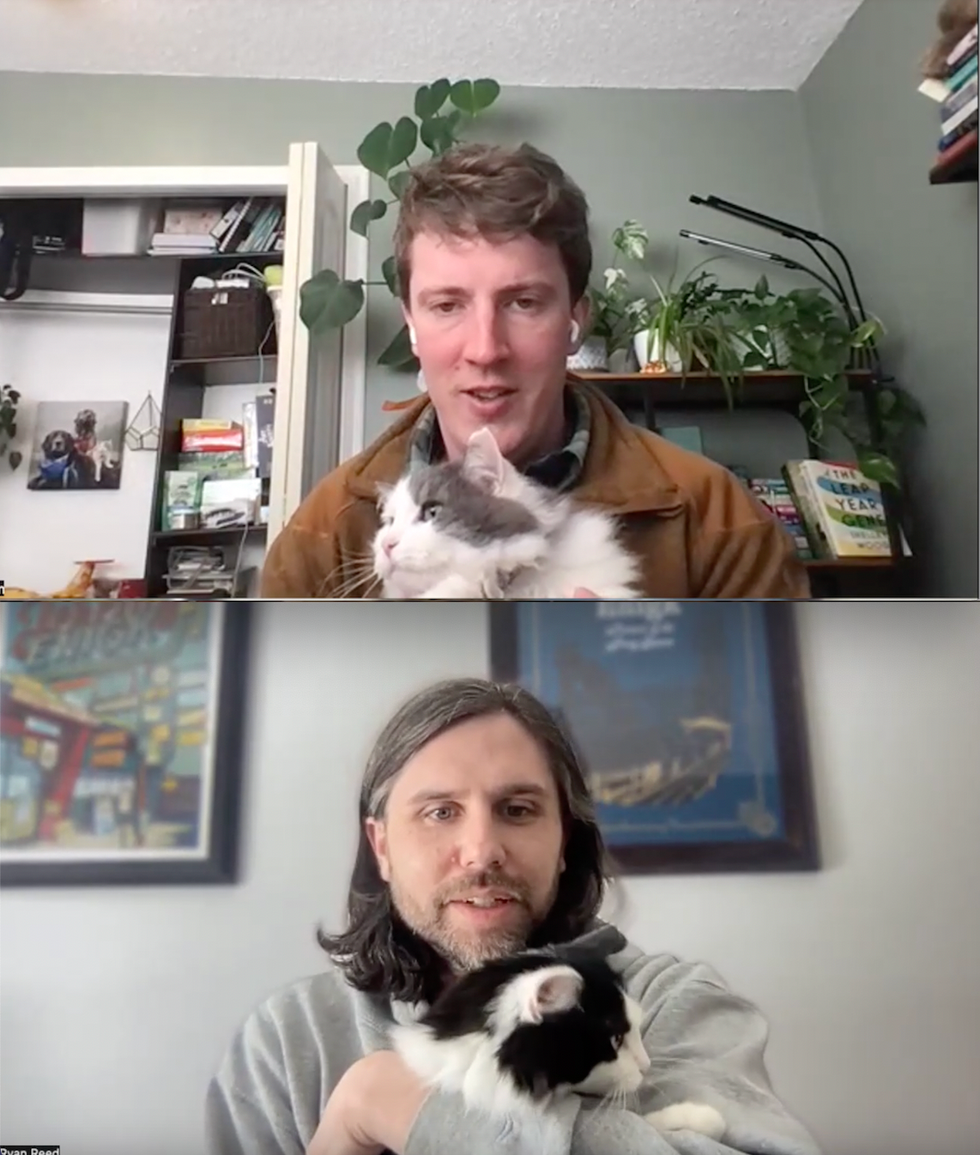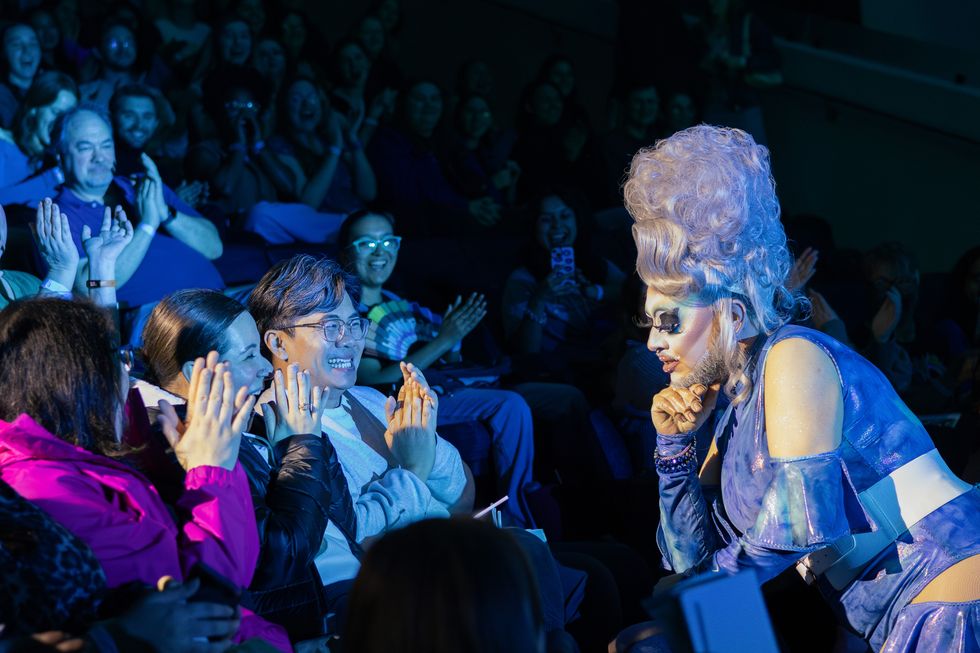How do athletes train themselves to maintain a rugged mindset in the face of challenge? Staying connected to the present moment — or mindfulness — is a key component of performance science research. Numerous top athletes and coaches, such as NBA coach Phil Jackson, NBA All-Star Kobe Bryant, and NFL coach Pete Carroll, have long touted its benefits in sports.
We all need tools to help us in high-pressure situations at work or school or in our interpersonal relationships. Mindfulness has even been shown to help with everything from bullying prevention to technology overload to helping us deliver better presentations at work or motivating team members. But until recently, many of the strategies and tactics recommended to meet this need, particularly when it comes to our daily habits, were left to intuition and non-repeatable methods.
The USC Performance Science Institute was launched to try to change that. Housed at the Marshall School of Business at the University of Southern California, the new research lab is focused on bringing groundbreaking performance science to the masses.
Drawing on interdisciplinary research and insights from top athletes and coaches, like Bryant and Carroll, as well as business leaders and experts, such as Arianna Huffington and Brene Brown, the institute’s team — led by business professor David Belasco, high performance psychologist Michael Gervais, and neuroscientist Glenn Fox — believe the same skills Carroll teaches his athletes can be applied to the mindset training of the next generation of performers, leaders, and entrepreneurs.
GOOD caught up with Fox to find out what a high-performance mindset and mindfulness is all about and how we can apply the latest research to our own lives.
What are some resources you recommend for someone who’d like to start a mindfulness practice?
Luckily, we live at a moment when there are many great ways to get started. And, no matter how long one has been practicing, we’re all beginners anyway (or at least I think we should maintain a beginner’s curiosity no matter how much time we’ve practiced). So, that said, some of my favorite authors come from a Buddhist tradition, though their teaching is largely secular. I like Pema Chodron, Charlotte Joko Beck, Noah Levine, and Alan Watts quite a bit for getting started and thinking about the mind carefully. I prefer books over apps, but apps can indeed be great — our own Allen Weiss here at USC released the Mindful USC app which has many great meditations. Just get started wherever you are and stay curious about the process.
In your Jan. 26, 2018, podcast, one of the key takeaways from the study you discussed was that people must apply themselves wholeheartedly to make mindfulness effective. Was this something Bryant spoke about during his recent visit to the institute?
For those like Kobe who perform already at a very high level, they may have a head start on mindful practice since they clearly are detail-oriented and able to focus in the present moment. I think part of why Kobe is drawn to mindful practice is that he is already driven to details and is likely very observant of his own state, and mindful practice may have accentuated some of his better habits to begin with.
The researchers found that mindfulness interventions were helpful as a protective measure for training and for reducing anxiety. Why is this important for athletes?
Like any other profession that deals with high-pressure situations, anxiety and fear can be debilitating. Mindfulness is an approach that has been found to be effective at understanding some of the roots of fear and anxiety and to see it more clearly so that performance can continue in light of fear. It’s something meant to be understood and considered carefully but without having it be something that paralyzes and inhibits us from taking the risks needed to perform at a high level.
In your Jan. 13, 2018, podcast, you referenced a classic study and the growing body of research your institute is working on in studying competition and intrinsic motivation. How can youth coaches and parents apply these learnings?
We’ve all heard a lot about “rewards” as the key to motivating behavior, and it’s tempting often to reward success on the field, but according to research, this is actually not an effective way to get people to grow and develop. The key is to change the underlying joy and passion that needs to accompany early learning stages and to encourage students to learn and find value in the struggles and trials as part of a longer process. Building a healthy sense of “competition” against one’s self is one way we think coaches and teachers can do that.
Anything else we should know about the institute, what’s going on in performance science as it relates to athletes, or further readings on these topics you recommend?
There’s a lot of great work. In the coming weeks, we’re going to start a special collaboration with Arianna Huffington’s Thrive Global website, so hopefully people can read our work there. Other great thinkers in the space are Anders Ericcson, who wrote “Peak.” Also, fantastic work from Edward Deci and his book “Why We Do What We Do.” Those two books will give anyone a fantastic glimpse into how to perform a little better, and they’re both based on sound research.
















 This doggo has some concerns. Photo by
This doggo has some concerns. Photo by  Ready to eat.Photo by
Ready to eat.Photo by 

 Let us all bow before Gary, the Internet's most adventurous feline. Photo credit: James Eastham
Let us all bow before Gary, the Internet's most adventurous feline. Photo credit: James Eastham Gary the Cat enjoys some paddling. Photo credit: James Eastham
Gary the Cat enjoys some paddling. Photo credit: James Eastham James and Gary chat with Ryan Reed and Tony Photo credit: Ryan Reed
James and Gary chat with Ryan Reed and Tony Photo credit: Ryan Reed


 Rock deterioration has damaged some of the inscriptions, but they remain visible. Renan Rodrigues Chandu and Pedro Arcanjo José Feitosa, and the Casa Grande boys
Rock deterioration has damaged some of the inscriptions, but they remain visible. Renan Rodrigues Chandu and Pedro Arcanjo José Feitosa, and the Casa Grande boys The Serrote do Letreiro site continues to provide rich insights into ancient life.
The Serrote do Letreiro site continues to provide rich insights into ancient life.

 The contestants and hosts of Draggieland 2025Faith Cooper
The contestants and hosts of Draggieland 2025Faith Cooper Dulce Gabbana performs at Draggieland 2025.Faith Cooper
Dulce Gabbana performs at Draggieland 2025.Faith Cooper Melaka Mystika, guest host of Texas A&M's Draggieland, entertains the crowd
Faith Cooper
Melaka Mystika, guest host of Texas A&M's Draggieland, entertains the crowd
Faith Cooper